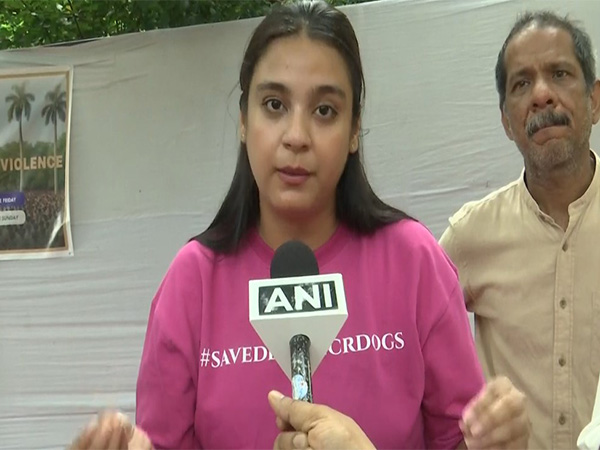Supreme Court's Revised Stray Dog Order: Relief and Regulation
The Supreme Court revised its directive on stray dogs, mandating sterilisation and immunisation before release. Animal activists welcomed this as a relief. Aggressive and rabies-infected dogs will remain confined. The decision balances public safety and animal welfare as the court plans national policy discussions on the stray dog issue.

- Country:
- India
In a recent ruling, the Supreme Court has altered its prior directive regarding stray dogs, stipulating that they must undergo sterilisation and immunisation prior to being released back to their original areas. This adjustment in policy has been met with approval from animal rights activists and shelter home owners, who had voiced their concerns and opposition to the earlier order.
Animal welfare advocate Sonali Gaba expressed her satisfaction with the revised order. "We had faith that the SC would rule in our favour," Gaba remarked. "Designating feeding points for dogs helps manage their needs without unnecessary confinement. Aggressive dogs will be confined, but if they're not rabid, they should be released post-vaccination," she added.
The court's decision also outlines that rabies-infected or aggressive stray dogs will remain in confinement. Additionally, the Supreme Court's order has urged the creation of designated feeding areas within municipal boundaries and has called upon state and union territory animal husbandry departments to contribute to a national policy on combating stray dog issues.
(With inputs from agencies.)










